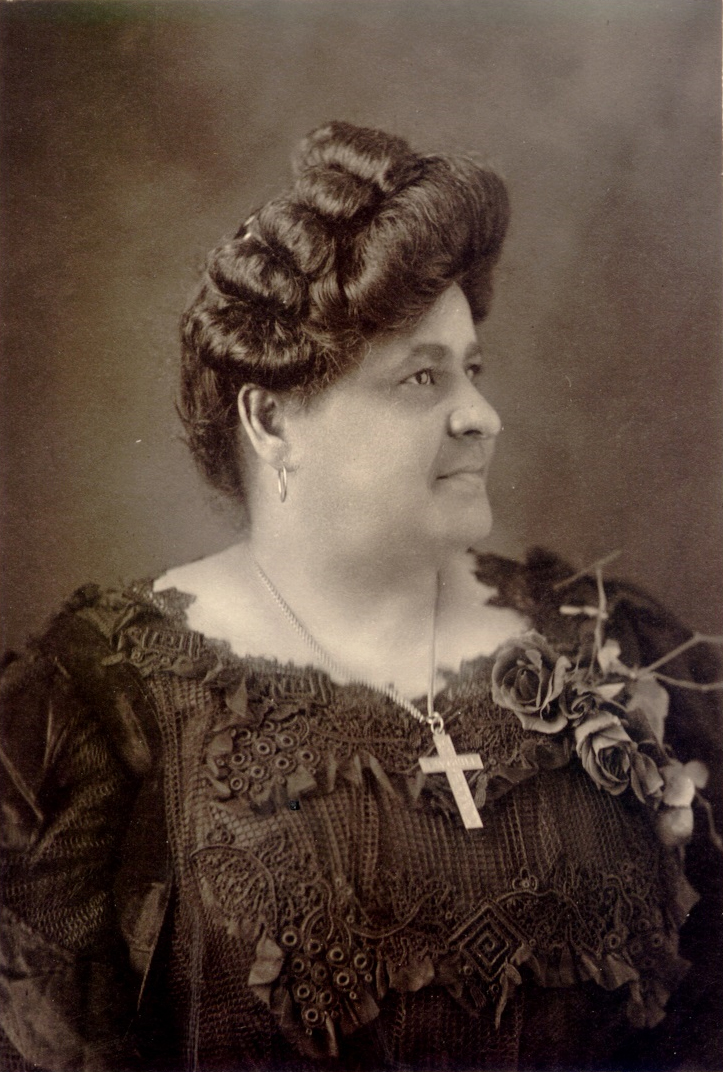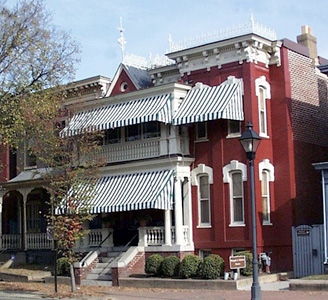Walker, Maggie Lena (1867-1934), was a prominent African American businesswoman and community leader. She became the first woman in the United States to establish and serve as president of a bank.

Walker was born Maggie Lena Mitchell in Richmond, Virginia, on July 15, 1867. After graduating from high school in 1883, she became an elementary-school teacher. Her teaching career ended in 1886 when she married Armstead Walker, Jr., a building contractor. The couple had three sons, but one died in infancy.
As a teenager, Walker had joined the Grand United Order of St. Luke (later called the Independent Order of St. Luke), an African American fraternal organization (group for mutual aid and fellowship) and life insurance society. In 1899, after serving in a number of positions of increasing responsibility, she attained the organization’s top executive post, the grand secretary-treasurer. She remained in that office until her death. Under her leadership, the order greatly expanded its membership and increased its financial stability.
In 1902, Walker established the organization’s newspaper, the St. Luke Herald. In 1903, she established the St. Luke Penny Savings Bank and became its first president. In 1929, the bank absorbed two other Richmond banks owned by African Americans and became the Consolidated Bank and Trust Company. Walker served as the first chairman of its board of directors.

In addition to her career with the Independent Order of St. Luke, Walker worked to increase opportunities for African American women and children. She founded and served as president of the Richmond Council of Colored Women. She revived the Richmond branch of the National Association for the Advancement of Colored People (NAACP), and she also served on the national board of the NAACP. Walker died on Dec. 15, 1934. The house that she lived in from 1904 until her death has become a national historic site.
See also Maggie L. Walker National Historic Site.
